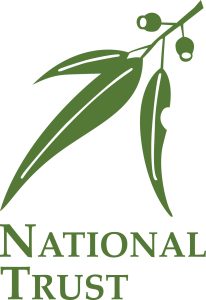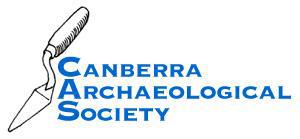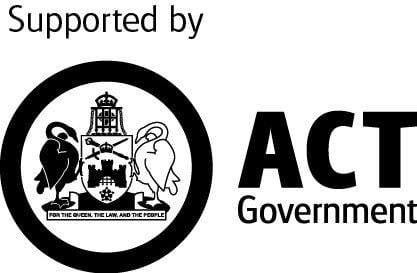Theme: A Future for the Past
The Symposium program is now available here Symposium Program 2025
Please find a flyer with details on the speakers here – ACT Heritage Symposium 2025.
DATE: Saturday 2 August 2025, 9:00 am to 3:00 pm
VENUE: Forestry Building (Building 48) ANU, Linnaeus Way, ACTON ACT
COST: $50.00 Full Registration, $15.00 Students
BOOKINGS: Available through Trybooking: https://www.trybooking.com/DCSQB
About the Symposium
In last year’s Symposium we learnt how change in the cultural and natural environment is both inevitable and necessary. This year we will consider how we plan ahead for change to reduce or avoid adverse impacts through heritage practice and community participation. We invite submissions exploring:
- How we plan to ensure the celebration of our special places and objects, including educating and developing the next generation of people who will care for the past.
- How we identify culturally important places, objects etc., we wish to protect.
- Are the current ways of doing this sufficient – are we missing certain types of heritage in this process, such as modern or local heritage and connections (stories / memories) to places and objects, and are the protection mechanisms effective?
- Are there better or complementary ways of protecting what we want to keep for future generations other than heritage listing, such as through adaptive reuse and heritage promotion?
- What lessons can we learn from the rest of Australia and the World?
We are delighted to have secured Dr. Amy Mosig Way as our keynote speaker for this years Heritage Symposium which will once again be hosted at the ANU Forestry School on 2 August.
Amy is an Australian archaeologist whose mission is to support community-driven archaeological projects. Amy completed her PhD research at Weereewaa (Lake George) where open-air excavations revealed multiple backed artefact production and tooling crafting events. This research focused on the development of a new method for disentangling buried assemblages of stone artefacts. Amy is currently building field-based research projects with First Nations groups in NSW.
Acknowledgement
This Symposium is being organised by the National Trust of Australia (ACT), in collaboration with the Canberra and District Historical Society, Canberra Archaelogical Society, and Australia ICOMOS (ACT).

![]()


 This symposium is supported with funding made available by the ACT Government.
This symposium is supported with funding made available by the ACT Government.
